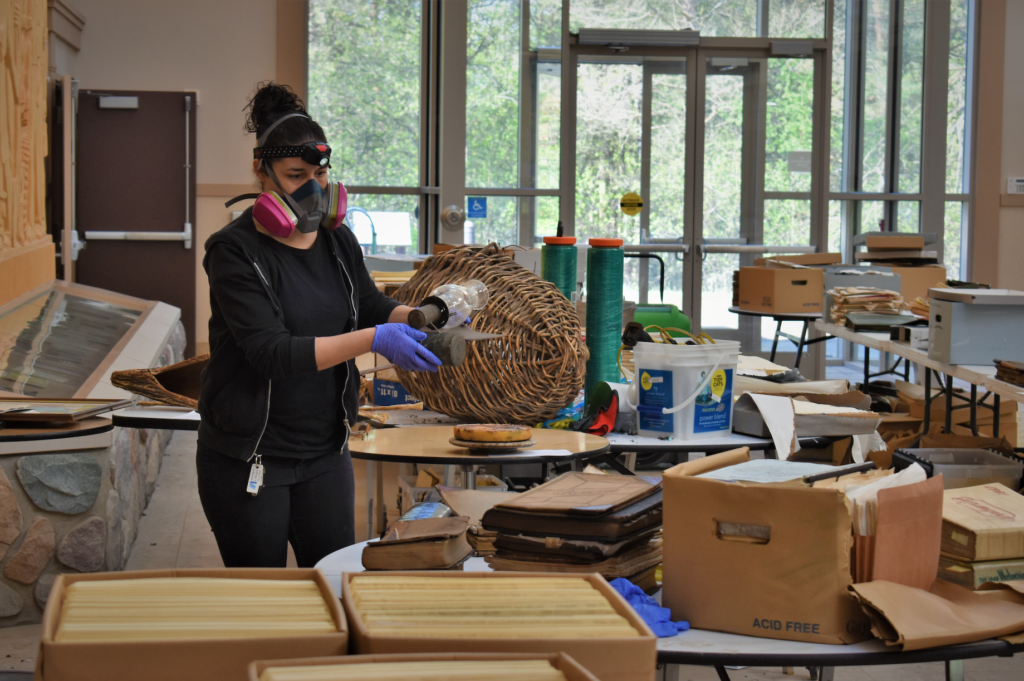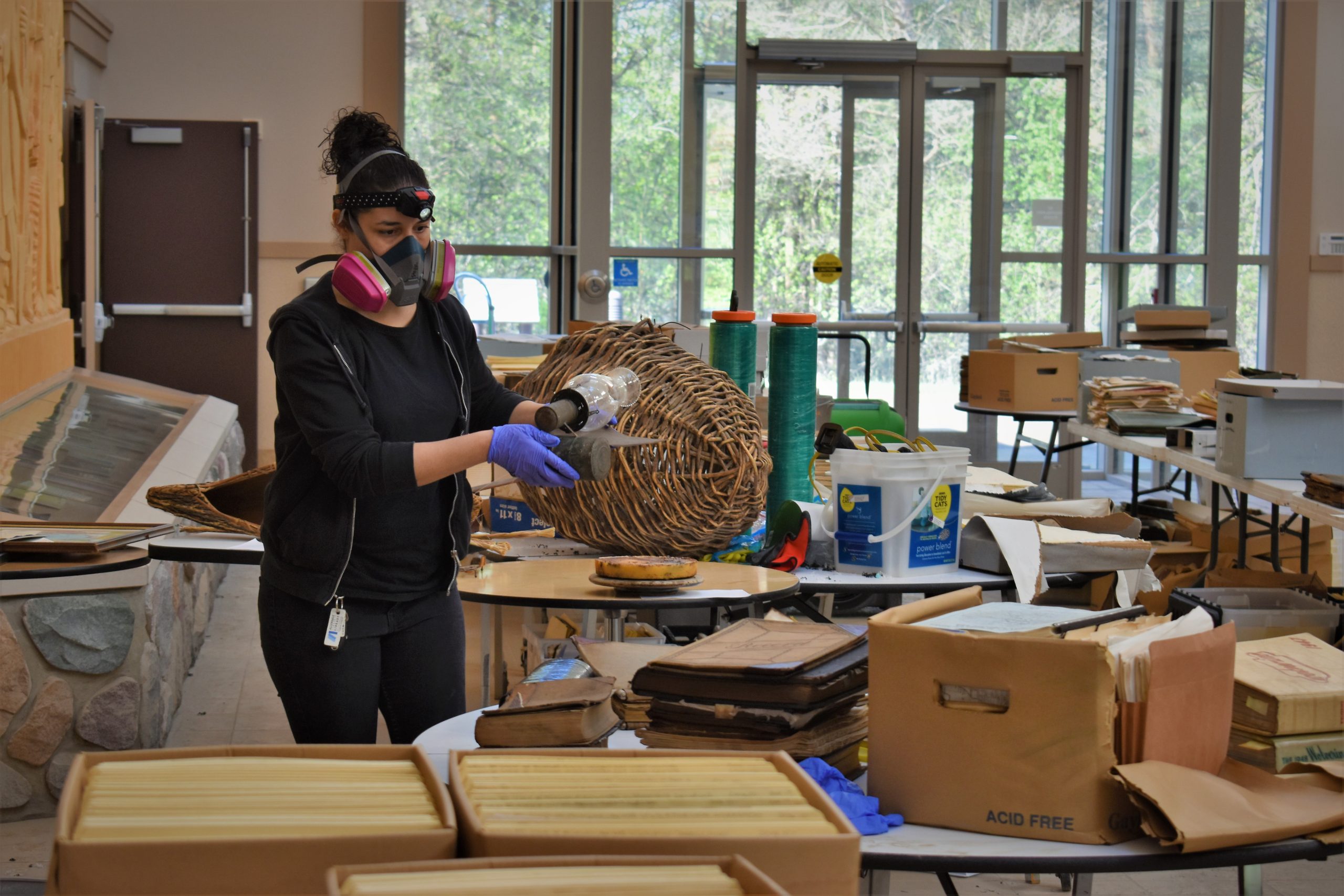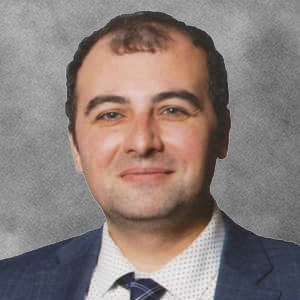
After flood, pandemic, Center for the Arts focuses on survival
MIDLAND, Mich. — Despite the perfect storm of a flood that made national headlines and a worldwide pandemic, Jon Loos would like to dispel any rumors of the Midland Center for the Arts shutting down.
“I guess I would never say that we’re going to shut down,” Mr. Loos, the Vice President of Operations & Guest Experience for the MCFTA, told the City Paper. “Are we making, at this point, some strategic moves? Yeah, I believe we are at this point doing that.”
When the flood happened at the main building at the 1801 address, he said, it affected what they refer to as D building. The D building houses their main switchgear, which is where their main power feed comes in.
In a power system, a switchgear is composed of disconnect switches, circuit breakers and fuses used to control, protect and isolate all electrical equipment. The switchgear is used both to de-energize equipment to allow work to be done and to clear faults downstream.
“That switchgear was damaged and it’s extremely expensive, so at this point we’re taking the strategy of ‘Is it the best place for the switchgear? Should we be repairing it in a different way? Should we get it out of there so this can’t happen again?'”
Currently the building has about 6 percent of its power, but they’re still doing things, he said. One of those includes running a vaccination clinic for 1,000 people for the county on consecutive days.
“The Center’s 50th birthday is coming up, so we are looking at what we can do to help celebrate that occasion,” he said. “We’re also always looking at how we move to refresh ourselves in a 50-year-old structure? And I think over the course of the next eight, ten, twelve months you’ll see how those things take place.”

Mr. Loos said it’s possible that they won’t be doing business the way that they’ve done it before. One of the things they’re learning is that they’re going to have to be nimble and flexible, because he said, we don’t know what’s going to take place tomorrow.
He explained that if the process of making all live shows virtual was easy, companies like Netflix and Hulu would have found a way to monopolize it already. And though they’ve dipped their toes in the water of virtual offerings, they’re still a non-profit and it’s not an easy process.
“We do a lot of educational programs, a lot of outreach, and if we do make some money on one thing, it goes towards supporting the things that don’t make any money,” he said.
Another big question has become how does the MCFTA continue to be a resource for the community and how do they engage with them during COVID? Diane Willcox, Vice President of Marketing & Communications is tackling those very questions.
“When the flood happened, we were still in lockdown. But, with the flood happening, we immediately kicked into high gear and made contact with folks throughout the state,” she said.
She said they collaborated with experts from around the state to help them rescue everything they possibly could by removing some of these artifacts and giving them new homes in places like Saginaw Valley State University and other emergency rescue services.
“Since the flood, and as things continued in our COVID world, we’ve been able to engage with our community in the summertime really well outdoors. What we provide to our community is a sense of connection – connection with each other; people take our classes and engage with us because they feel like it provides a connection within themselves to their creativity but also its something they can share with friends and family. So that’s been our goal. How do we provide connection on an ongoing basis?”
Through the Summer they had a program called Make Art Virtual via Facebook. Since then, they’ve kicked in the Virtual Pass which is $9.99 per month, where they provide high-level entertainment and engagement.
“Everything from a live concert with Jeff Daniels and then having a discussion with them after to what we have coming up, such as the Amazing Max, who’s going to teach you and your children some terrific magic, which is really fun,” she said. “So we’ve run the gamut and had huge amounts of activity in that regard.”
“I’d have to say though, our largest impact has been on folks who’ve been home-schooled and even though we can’t open the facility on a regular basis, we are able to provide virtual matinees and virtual field trips,” she said. “So far, this semester, we have served about 2,100 students through that program and 45 workshops for classrooms through the end of the school year. And we’re providing those kinds of resources for the schools.”
In terms of finances, she explained that they did have to make some adjustments which included a small round of layoffs, furloughs and the fact that they are not 100 percent back to capacity. They do hope to bring back some staff within the next two months as they gear up for more outdoor Summer programming.
“We had a record-setting ’18-19 season and we were on track to do even better in ’19-20 – we’re on the edge of publishing that in our annual report, and you can see the trajectory we were on, and then of course COVID hit, and we needed to refund or hold for some people… we have wonderful patrons. We had some folks who said, ‘I want to donate the value of my tickets back to you and then come back to me when you can re-open.'”
“Then we had some people who believed in us and they held it on account,” she said. “So we have Broadway subscribers, for example, that have allowed us to hold their money in their account for all four of their Broadway shows that were supposed to run this season so that we can apply them to next season.”

A.J. Hoffman reports on local business and the arts for the City Paper. He also serves on the City Paper’s board of directors.

